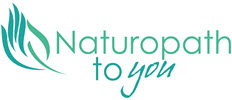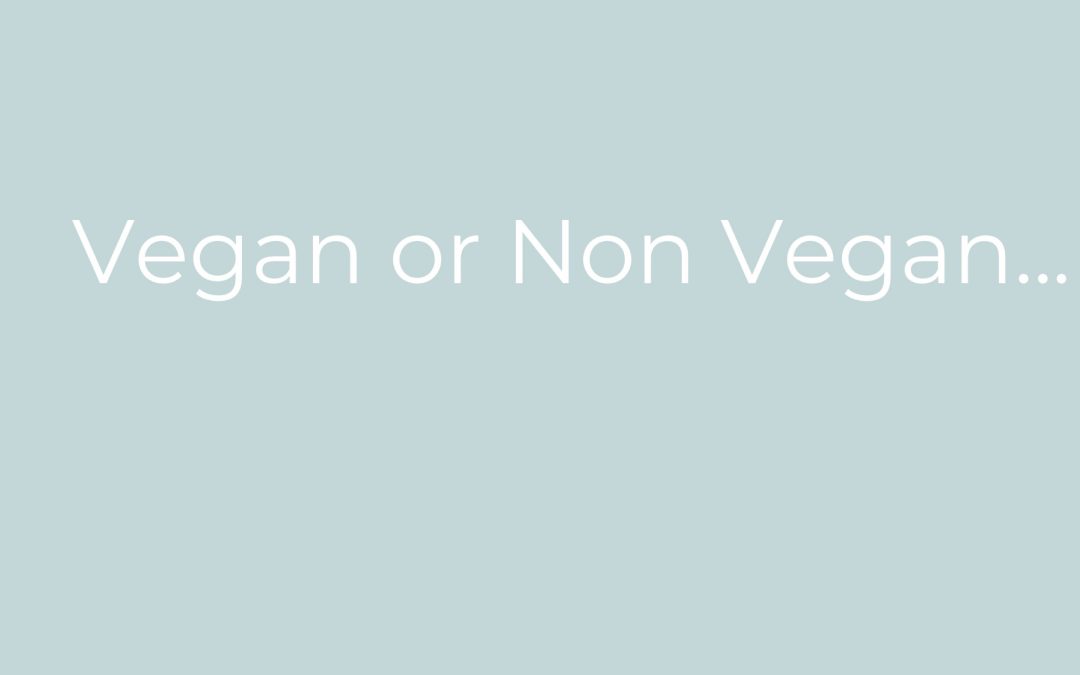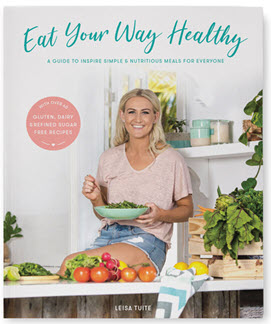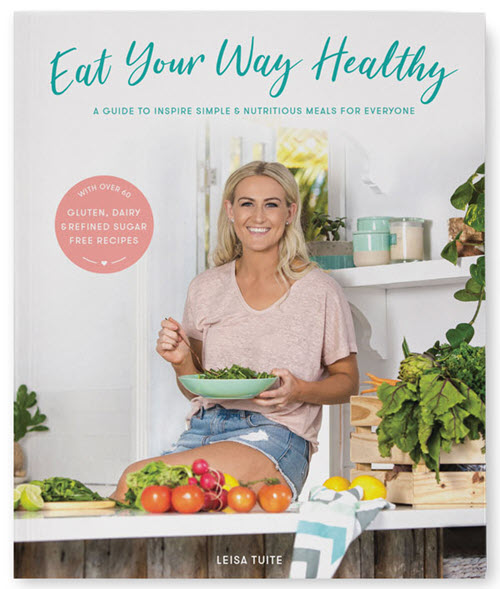In the past few years in particular I have noticed a large surge in people switching to a vegan based diet. With the influence of celebrities, podcasts, Netflix documentaries and more, I find more people searching for answers and figuring out what is best for them when it comes to their food choices. However, is it for everyone? Are you actually doing harm to your body? I ask what is the reasons for you becoming a vegan in the first place? A vegan diet consists of eating a variety of fruits and vegetables with no animal products at all including honey.
Should everyone be on a Vegan Diet?
The short answer is No. Not everyone has the same vitamin and mineral demands and this is so important to consider when starting to cut out food groups or animal products in this case. Understand your reasoning, if it is for ethical reasons, that is fine. This should be a choice by you and you alone, but not forced onto by others who have a completely different genetic make up and demand for certain nutrients. Each individuals lifestyle such as their sleep cycles, the stress on their bodies, physical exertion through exercise and body system weaknesses differs. The ability to break down absorb nutrients is also key, if your decision to change to a vegan diet has anything to do with how you feel, more energy, less bloating, less pain etc, ensure you have spoken to a professional about your ability to breakdown and absorb nutrients effectively. This can be a major cause as to why you feel so horrible eating animal products in the first place, the answer isn’t always cutting out many food products.
Benefits of a Vegan Diet
Its not all bad, research has found that those incorporating a more plant based diet has a much reduced risk of heart disease and also cancer. This was found due to the high antioxidant intake eaten through fruits, vegetables and wholegrains. A plant based diet also consists of higher alkaline forming foods which helps control the acid alkaline balance within the blood. High acidic diets from animal proteins increasing inflammation, tissue damage, heart disease, cancer cell growth, pain and inflammation in joint and muscle injuries also. Eating low to no animal products may have a positive impact on these body systems. In some individuals, they find it easier to also manage their weight due to the reduction in fluid retention and poorly digested proteins.
There is a difference between a Vegan Diet and Plant Based Diet:
Veganism and a plant based diet is not the same. People may choose to incorporate a more plant based diet which consists of a variety of fresh whole some ingredients focusing on wholefoods – fruit, vegetables, plant proteins, fish, occ. chicken or animal products, eggs etc. One may choose to eat more of an abundance of plant proteins but consume the odd animal protein from time to time depending on their goals. I encourage many of my clients who are in an inflammatory state to heavily reduce their acid forming foods in their diet and this should be done under supervision.
Increased demand of vital nutrients:
Calcium – green leafy vegetables (kale, broccoli, spinach, squash, sweet potato), soy products (tofu, soybean), calcium fortified plant milks (soy, almond milk and rice milk), Legumes and lentils (navy beans, white beans and chickpeas), dried fruit (apricots, figs), almonds.
Iron – Iron deficiency is common in vegans. It is essential for carrying oxygen around the blood, so a deficiency can make you feel very tired and increase headaches. Wholegrains (brown rice, oats), soy beans, green leafy vegetables, peanut butter.
Omega 3 fatty acids – Essential fatty acids are not made by the body, we need them in our diet to provide nourishment from flaxseeds, chia seeds, walnuts, almonds.
Protein – complete proteins contain all 9 amino acids. Animal products all contain these and are classified as a complete protein along with plant sources that can be combined to make up a complete protein. Quinoa, Buckwheat, tofu, tempeh, soy beans, soy milk, lentils, legumes and pulses, nuts and nut spreads, seeds and seed spreads.
B12 – Vitamin B 12 is essential for creating red blood cells and maintaining healthy nerve cells. There aren’t many plant proteins that contain B12 and vegans will generally get them from fortified foods like nori seaweed, tempeh, yeast extract or fortified Breakfast cereals.
These are just a few essential nutrients in high demand for our bodies to function at their optimum. It is important to be aware where your health status is and understand what your body needs. Always consult a practitioner to guide you in the right direction when it comes to eating an abundance and to be able to breakdown and absorb your food effectively. Other considerations include thyroid dysfunction and consuming a lot of soy products, oestrogen dominance and certain foods increasing the imbalance in the hormone ratio.
Leisa – Naturopath





